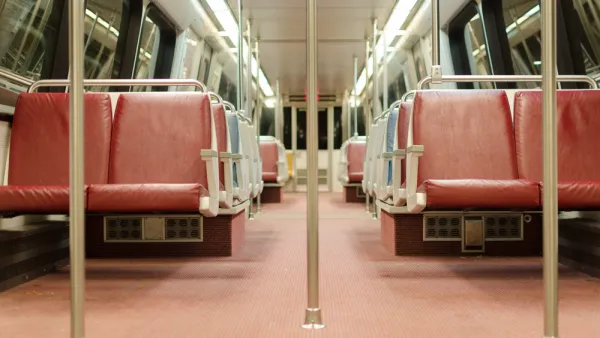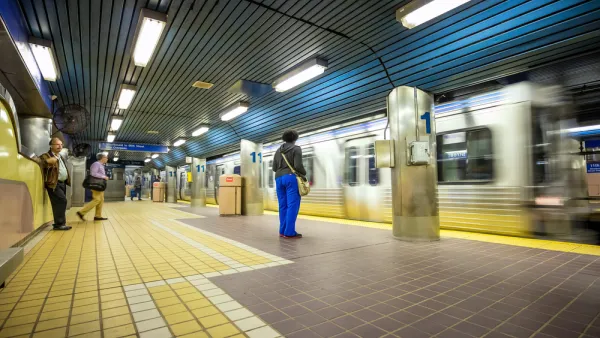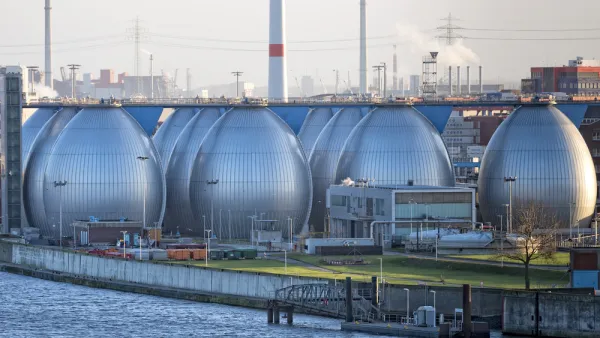Irvin Dawid discovered Planetizen when a classmate in an urban planning lab at San Jose State University shared it with him in 2003. When he left San Jose State that year, he took with him an interest in Planetizen, if not the master's degree in urban & regional planning.
As a long-time environmental activist, he formed the Sustainable Land Use committee for his local Sierra Club chapter and served six years on the Bay Area Air Quality Management District’s Advisory Council from 2002-2008. He maintains his interest in air quality by representing Sierra Club California on the Clean Air Dialogue, a working group of the Calif. Environmental Dialog representing business, regulatory and public health/environmental interests.
Major interests include transportation funding, e.g., gas taxes, vehicle miles traveled (VMT) fees, road tolls and energy subsidies that lead to unlevel playing fields for more sustainable choices.
He hails from Queens (Bayside) and Long Island (Great Neck); received an AAS in Fisheries & Wildlife Technology from SUNY Cobleskill and a B.S. from what is now Excelsior College.
After residing for three years on California’s North Coast, he’s lived on the San Francisco Peninsula since 1983, including 24 years in Palo Alto. Home is now near downtown Burlingame, a short bike-ride to the Caltrain station.
He’s been car-free since driving his 1972 Dodge Tradesman maxi-van, his means to exit Long Island in 1979, to the junkyard in 1988.
Major forms of transportation: A 1991 'citybike' and monthly Caltrain pass, zone 2-2. "It's no LIRR, but it may be the most bike friendly train in America."
Irvin can be reached at [email protected]
One of the Most Important Energy Measure on the Ballot on Tuesday
While billed as an "anti-fracking initiative," Measure Z in Monterey County, the 4th-largest oil-producing county in California, does far more. It bans new oil drilling and requires the cleaning of wastewater from current drilling operations.

The Washington Post Urges a Radical Fix for D.C. Metro: Federal Takeover
The Washington Post opines that the best way to end Metro's 'death spiral' is to have the federal government take it over, similar to the way it intervened in the district's fiscal meltdown in the 1990s or Puerto Rico's debt crisis this summer.

Could the Philadelphia Transit Strike Determine Who Becomes the Next President?
Hundreds of thousand of bus, trolley and subway riders (and potential voters) in Philadelphia have been left to find alternative means of transportation since Nov. 1 due to a strike by the local Transport Workers Union who work for SEPTA.
Fatal Explosion in Gasoline Pipeline that Suffered Major Spill in September
A strategic interstate gasoline pipeline exploded in Alabama on Oct. 31, not far from the September spill site after an accidental strike by a track hoe, killing one and injuring five workers. Higher gas prices and long lines are anticipated.

What Happened to all those Desalination Plants Proposed for California?
Less than a decade ago, "desal" proposals in California numbered over 22, but only one major one was built—in Carlsbad, serving the San Diego region. A newly released study by the Pacific Institute explains why.

























